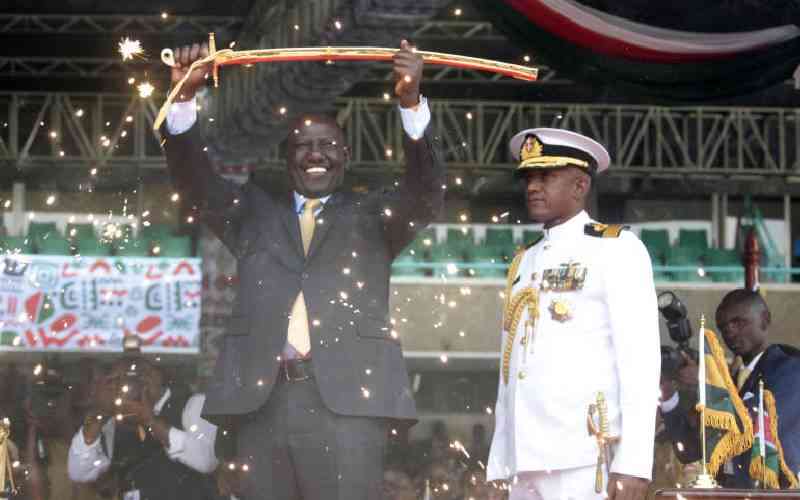
The lanky man staggered towards the police vehicle. He paused, looking left then right before slowly peering into the driver's seat. The driver, his right hand resting on the window seal, seemed lost in deep thought. Mwangi Cowboy, as the bony man was called, quickly grabbed the driver's hand and yanked it, breaking it at the elbow. The policeman let out a dreadful scream. His boss, an inspector of police who had alighted to buy some groceries at the shops, quickly rushed back to the car.
His driver was screaming hysterically. His body was shaking violently as he tried to hold his right hand that now dangled loosely at the elbow. We stood by, watching in horror as a civilian subjected the dreaded men in uniform to terrible pain. We waited for the dramatic arrest of Mwangi Cowboy. To our disappointment, however, the inspector helped his junior colleague into the passenger seat and entered the driver's side. He drove off as if nothing had happened.